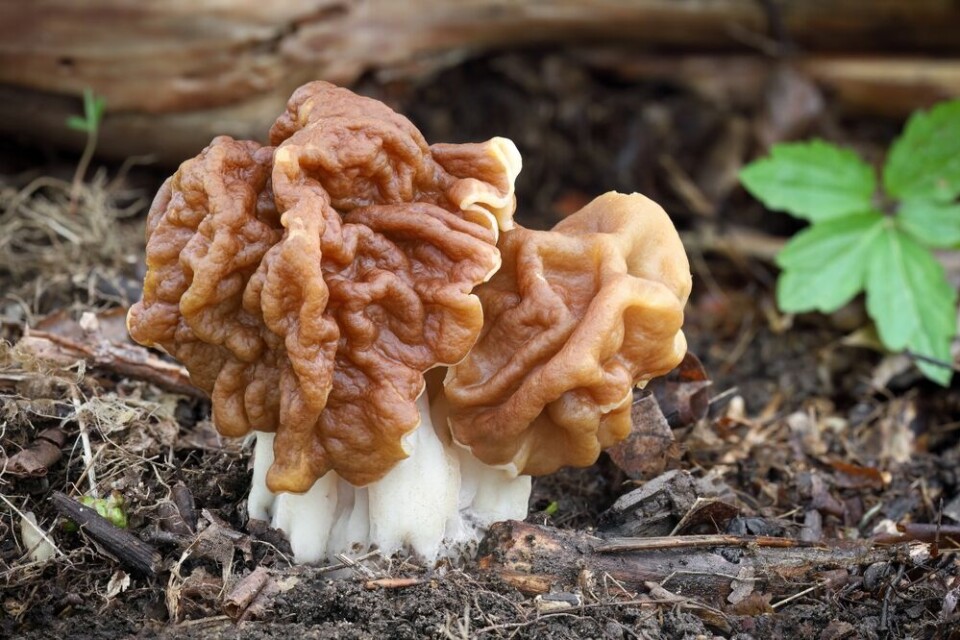-
House cracking threat spreads to new areas in France, putting 12 million properties at risk
Map from environment ministry shows more than half of country at risk
-
Hospital fees set to increase in France: how will patients be affected?
Plans to save €400 million from social security spending targets several flat fees
-
New pink number plates in France lead to more police road checks
The plates are designed to enhance visibility and deter fraud
Toxic mushroom caused motor neurone disease cases in French region
14 local people developed the fatal disease, which is now know to have been caused by the ‘false morel’ fungus

Eating a wild mushroom called fausse morille géant caused 14 people in the Alps to develop fatal motor neurone disease, scientists have found.
The mystery of why 14 people from Savoie, aged 39 to 75, developed the muscle-wasting disease in the 1990s to early 2000s was solved after investigators called in University of Oregon neurotoxicology expert Peter Spencer, who had studied a similar case in the Pacific.
They had first considered elements such as lead in the water, radon gas leaking from the ground, and pollution from pesticides.
All the people were known to have eaten a particular wild mushroom, called in English ‘the giant’s false Morel’, with the Latin name gyromita gigas.
Read more: Toxic mushroom linked to high rates of nerve disease in south France
False morels are banned in France
Sales of mushrooms of the ‘false morel’ type are already banned in France due to health concerns, and these findings have confirmed the high risks that they pose.
Food safety agency Anses has reported the usual annual peak of mushroom poisoning cases last month, rising to a total of 600 from July to mid-October.
Two or three people die from this in France every year.
Read more: Warning as 600 poisonings from wild mushrooms in France since July
Anses warns not to eat wild mushrooms unless you are sure what they are, as dangerous ones can look similar to edible ones.
If in doubt, ask a pharmacy or a mycological society. Anses also warns against identification apps, saying they are not reliable.
Related articles
Early - and good - start to mushroom season in France
French mushroom-hunters asked to share where they are going for safety
16 things you can do at a French pharmacy other than buy aspirin
























